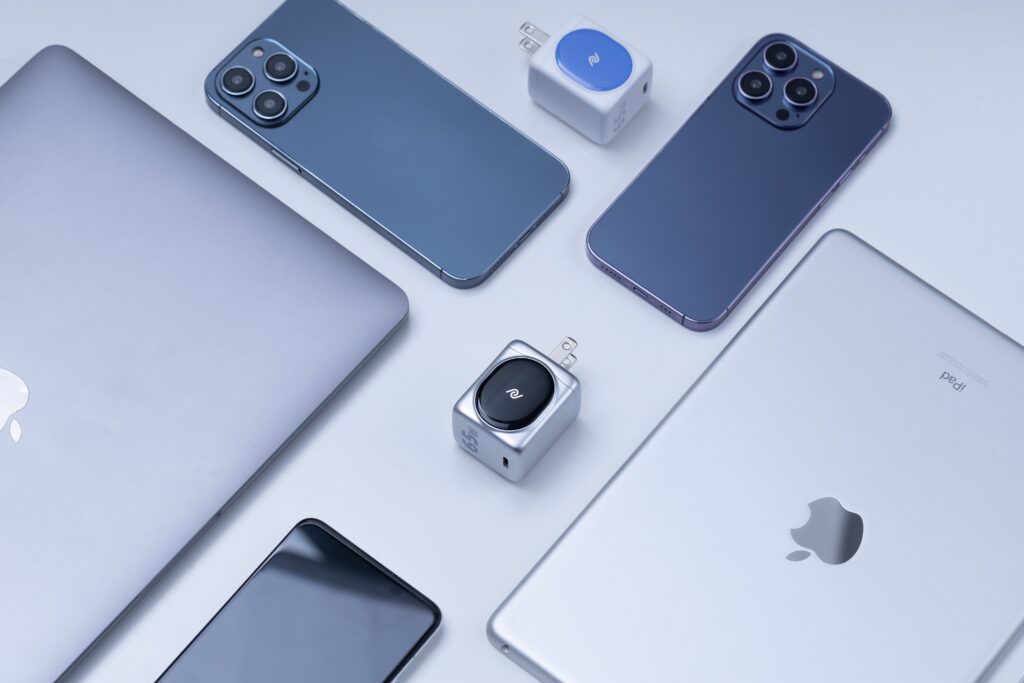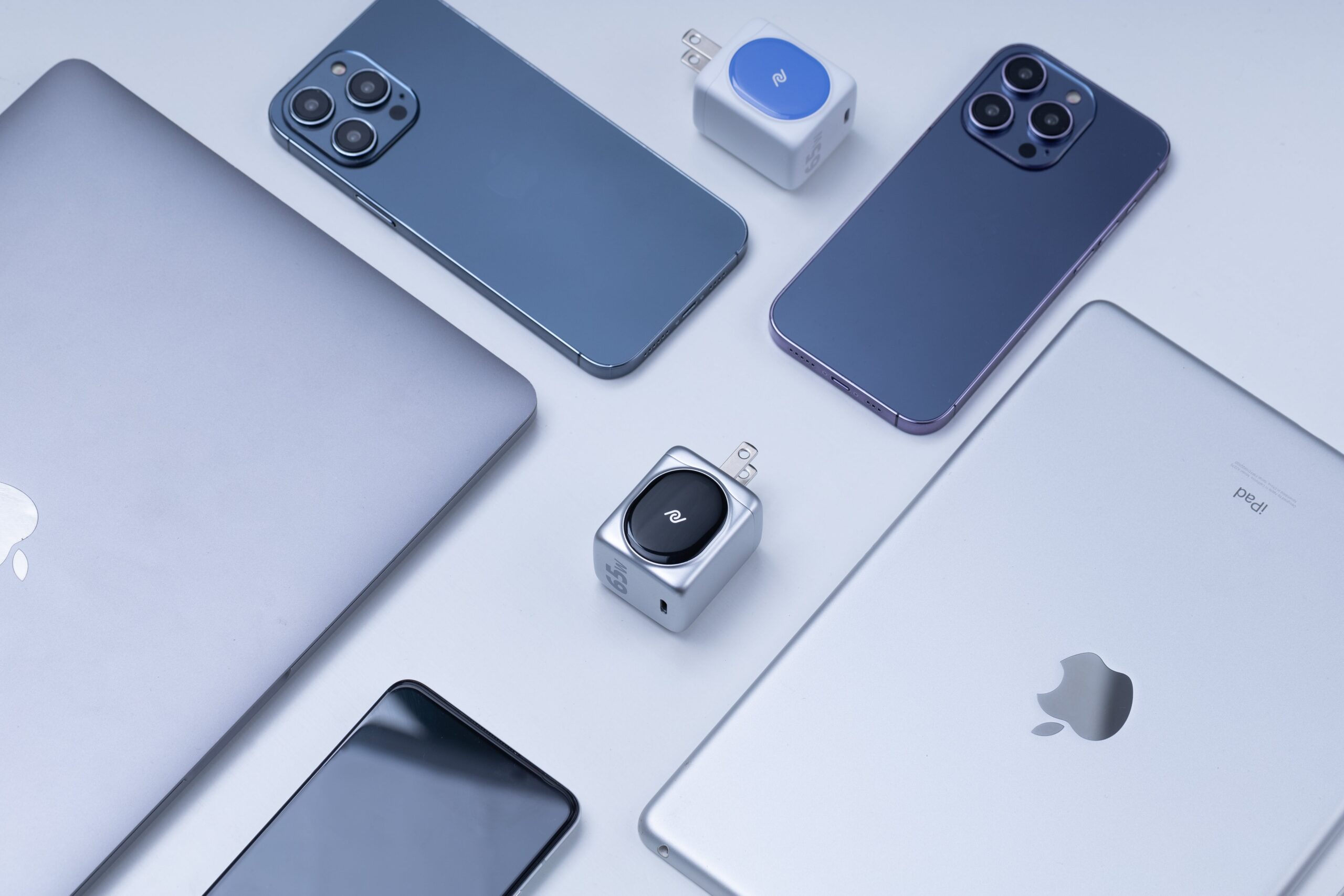In a surprising turn of events, Apple Inc.’s iPhone emerged as the top-selling smartphone series in China in 2023, overcoming fierce local competition and growing restrictions imposed by the Chinese government on American technology. According to market tracker IDC, the iPhone secured the top spot in shipments for both the fourth quarter and the entire year.
Contrary to some analysts’ predictions of a decline in iPhone sales in the fourth quarter, IDC reported that timely discounts and promotions helped Apple maintain its lead. Despite increasing competition from domestic brands, including a resurgent Huawei Technologies Co., Apple’s success was attributed to its ability to minimize the decline compared to its competitors.
IDC’s data revealed that Apple’s 2.2% drop in 2023 was a more favorable outcome than the double-digit slumps experienced by local rivals such as Honor Device Co. and Vivo, as well as the overall 5% decline in smartphone shipments in China. The year marked a decade-low volume of smartphones in China, influenced by a sluggish economic recovery and subdued consumer sentiment.
Huawei, with its Mate 60 series, made a notable comeback, experiencing a 36% increase in shipments and re-entering the top five smartphone makers in China during the holiday quarter.
IDC research analyst Arthur Gao acknowledged Apple’s remarkable achievement in securing the top spot in 2023, especially given the renewed competition from Huawei and the prevailing soft spending sentiment. He credited Apple’s success to well-timed price promotions in third-party channels, which effectively stimulated demand.
On a global scale, Apple also claimed the title of the world’s largest smartphone seller in 2023, outperforming Samsung Electronics Co.’s Galaxy smartphones. However, challenges are anticipated for the iPhone 15 family of products in sustaining demand in China, where analysts predict a continued weakening of sales.

Notably, there have been reports of Chinese agencies and government-backed companies instructing staff to refrain from bringing iPhones and other foreign devices to work, indicating an expansion of prohibitions against such technologies in sensitive sectors.
![]()
